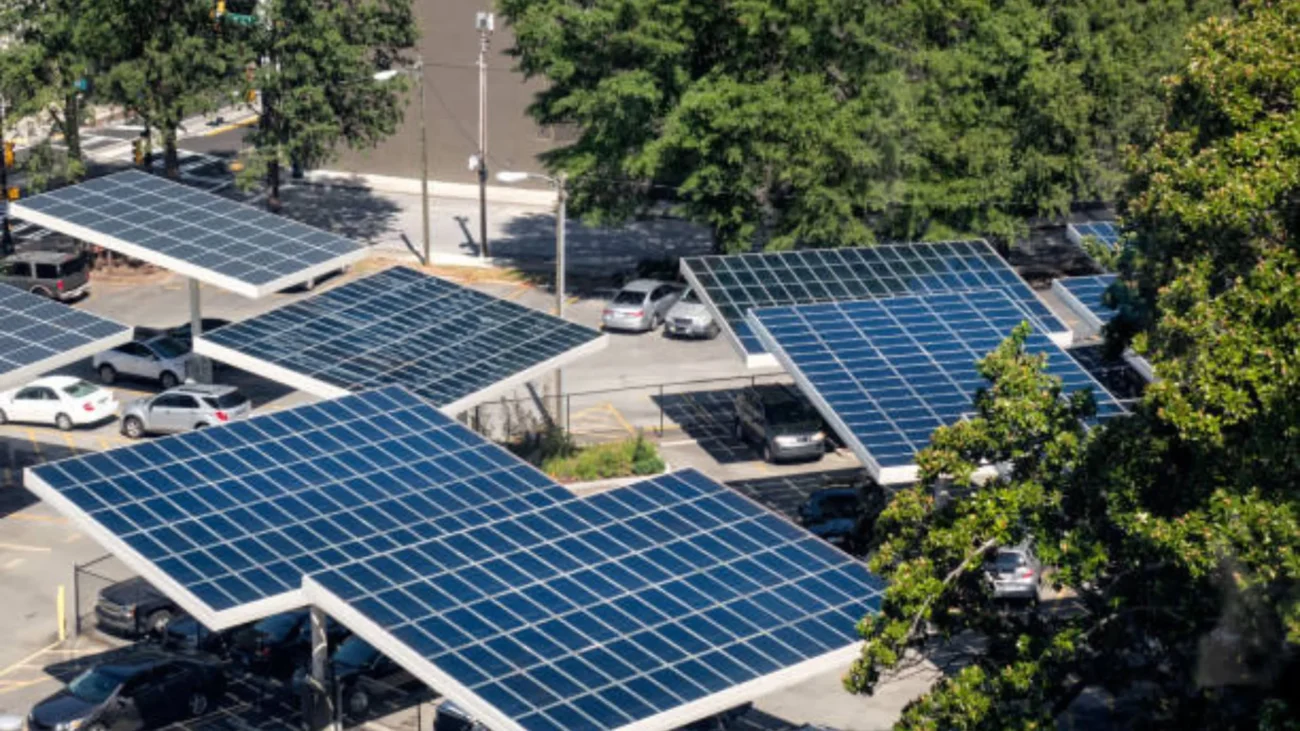Introduction
In the realm of renewable energy, selecting the right solar panels is crucial for maximizing efficiency and savings. With the market flooded with options, discerning the best solar panels can be daunting. Homeowners need to navigate through various factors to ensure they’re making the most informed choice. Let’s explore the key considerations to help you identify the best solar panels for your needs.
In This Post
Understanding Solar Panels
Solar panels serve as the backbone of any solar energy system, converting sunlight into electricity. It’s essential to comprehend the different types available: monocrystalline, polycrystalline, and thin-film. Each type has its unique characteristics, affecting factors like efficiency, durability, and cost.

Key Features of the Best Solar Panels
When evaluating solar panels, several key features stand out. Efficiency is paramount, as higher efficiency panels generate more electricity from the same amount of sunlight. Durability is crucial for long-term performance, ensuring the panels withstand harsh weather conditions. Additionally, comprehensive warranty coverage provides homeowners with peace of mind regarding maintenance and repairs.
Comparing Top Solar Panel Brands
Leading solar panel manufacturers, such as SunPower, LG, and Panasonic, offer top-tier products renowned for their quality and performance. Comparing these brands based on factors like efficiency ratings, durability, warranty coverage, and customer reviews can help homeowners make informed decisions.
Cost Considerations
While upfront costs are a significant consideration, it’s essential to assess the long-term savings and return on investment offered by Solar Panels Gadgets. Exploring financing options, incentives, and rebates can make solar panel installation more financially feasible for homeowners.
Environmental Impact
In addition to financial savings, solar panels contribute to a greener planet by reducing reliance on fossil fuels and lowering carbon emissions. Opting for eco-friendly solar panels further enhances their positive environmental impact, making them a sustainable choice for homeowners.
Customer Reviews and Testimonials
Real-life experiences from other homeowners provide valuable insights into the performance and satisfaction of different solar panel brands. Reading customer reviews and testimonials can offer firsthand perspectives to guide your decision-making process effectively.
Expert Recommendations and Insights
Seeking advice from solar energy professionals and industry experts can provide invaluable guidance throughout the decision-making process. Their expertise can help homeowners navigate through the complexities of selecting the best solar panels tailored to their specific requirements and preferences.

Conclusion
Selecting the best solar panels involves considering various factors such as efficiency, durability, cost, environmental impact, and expert recommendations. By weighing these factors carefully and conducting thorough research, homeowners can make informed decisions that align with their goals and priorities, ultimately harnessing the power of solar energy effectively for their homes.
Frequently Asked Questions (FAQs) About Solar Panels
What are the best solar panels?
Determining the best solar panels involves considering factors like efficiency, durability, warranty coverage, and brand reputation. Leading brands such as SunPower, LG, and Panasonic are known for their high-quality products. Conducting thorough research and comparing key features can help homeowners make informed decisions.
How do I determine which solar panels are best for my home?
To determine the best solar panels for your home, assess factors like efficiency, durability, warranty coverage, and brand reputation. Consider your energy needs, budget, and aesthetic preferences. Research top solar panel brands and compare key features to make an informed decision tailored to your specific requirements.
What is the difference between monocrystalline and polycrystalline solar panels?
Monocrystalline solar panels are made from single-crystal silicon, offering higher efficiency and sleeker aesthetics. Polycrystalline panels are made from multiple silicon fragments, typically less expensive but slightly less efficient. Understanding these differences helps homeowners choose the most suitable option for their solar energy needs.
How long do solar panels last?
Solar panels typically come with warranties ranging from 20 to 25 years, but they can last beyond that with proper maintenance. On average, solar panels can continue generating electricity for 25 to 30 years or more, making them a long-term investment in renewable energy.
What factors affect the efficiency of solar panels?
Several factors influence solar panel efficiency, including sunlight exposure, temperature, shading, orientation, and the quality of the panels themselves. Maximizing these factors through proper installation and maintenance can help homeowners optimize the performance of their solar panel systems and increase energy production.
Are there any maintenance requirements for solar panels?
Solar panels typically require minimal maintenance, such as periodic cleaning to remove dust and debris. Monitoring system performance and addressing any issues promptly can help maximize their longevity and efficiency. Regular inspections by professionals may also be beneficial to ensure optimal operation of the solar panel system.
How much do solar panels cost?
Solar panel costs vary based on factors such as panel quality, size of the system, installation expenses, and available incentives. On average, residential solar panel installation costs range from $10,000 to $30,000. However, costs can be offset by long-term savings on electricity bills and potential incentives or rebates.
Are there any financial incentives available for installing solar panels?
Yes, there are various financial incentives available for installing solar panels. These may include federal and state tax credits, rebates, grants, and net metering programs. Researching and leveraging available incentives can make solar panel installation more affordable and accelerate the return on investment for homeowners.
Can I install solar panels myself, or do I need a professional?
While DIY solar panel installation is possible, it’s generally recommended to hire a professional installer. Professionals have the expertise and experience to ensure proper installation, maximize system efficiency, and comply with local regulations. This reduces the risk of errors and ensures the safety and effectiveness of the solar panel system.
How much energy can solar panels generate?
The amount of energy solar panels can generate depends on factors like panel efficiency, sunlight exposure, geographic location, and system size. On average, solar panels can generate enough electricity to meet a significant portion of a home’s energy needs, reducing reliance on traditional energy sources and lowering electricity bills.
